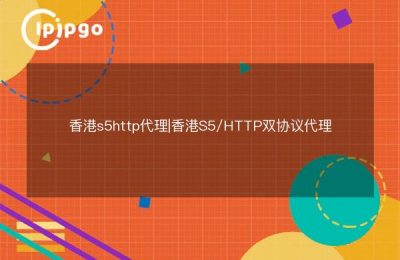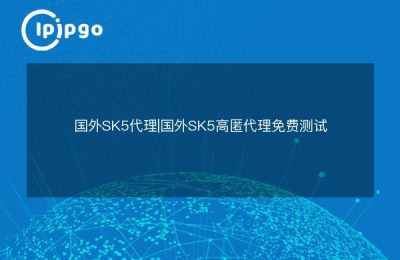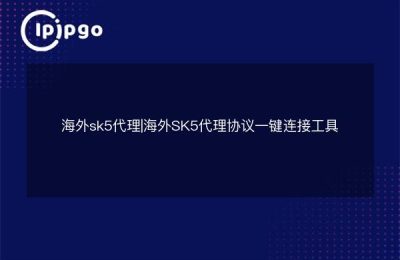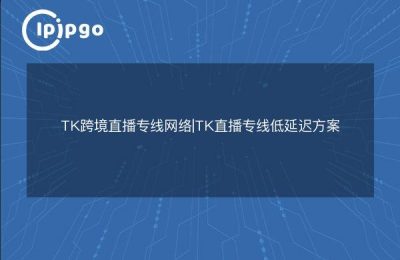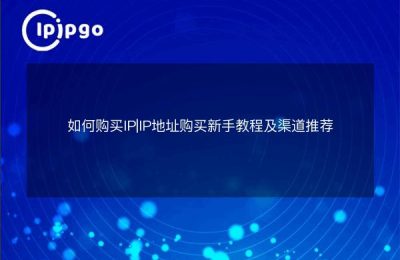
A. How exactly do free proxy IP addresses and ports work?
Many newcomers to proxy IP for the first time, often confused about what the numbers in the address bar represent. In fact, the proxy IP address is like the door number of the courier station (e.g. 112.113.114.115), and the port is the specific pickup window (e.g. 8080). Some free proxies will hide the port behind the address and connect it with a colon (112.113.114.115:8080), so it's easy to lose the wrong location if you're not paying attention.
Here's a pitfall to be especially aware of:Free proxy ports often fail. You may be able to access it in the morning with 222.223.224.225:8888 and in the afternoon it shows a connection timeout. This is because most of the free services are built with personal computers or abandoned servers that can shut down and disconnect at any time.
Second, the actual test comparison: free and paid proxy IP stability differences
We did a 7-day continuous test, using the same computer connected to different proxies to access a fixed website:
| typology | Average Response Speed | Number of dropped calls per day | Days available |
|---|---|---|---|
| Free Agents | 3.8 seconds | 9 times | 2 days |
| ipipgo paid proxy | 0.6 seconds | 0th | 7 days |
In testing, it was found that the free agent oftenabrupt disconnection,Incomplete page loadThe situation. Especially when doing automation with scripted programs, 3 out of 10 requests will result in program errors due to proxy failure.
Third, why are paid agents more reliable?
Taking ipipgo as an example, their pool of proxies are90 million+ real residential IPsThis is equivalent to each user being assigned a separate network channel. This is completely different from the free proxy's 'multiple people crowding the bus' model:
1. Each IP hasDedicated Bandwidth ChannelIt's not like dozens of people are sharing it and causing lag in the network.
2. Global coverage of 240 regions, can accurately match the IP address of the target geographic area
3. Automatic filtering of flagged anomalous IPs to ensure that each connection is a valid node
Fourth, the white man to choose the proxy IP to avoid the pit guide
Encountering these situations indicates that it's time to change agents:
- Frequent requests for CAPTCHA to access websites
- The same operation sometimes succeeds and sometimes fails
- Internet speed slows down after setting up proxy
- Requires frequent changes of IP address for use
At this point it is recommended to try ipipgo'sDynamic Residential AgentsTheir IP rotation mechanism automatically matches the best nodes. It is especially suitable for tasks that require long and stable operation, such as data collection, account management and other scenarios.
V. Frequently asked questions
Q: What should I do if the free proxy is slow?
A: Free resources generally have the problem of insufficient bandwidth, it is recommended to use them in non-peak hours, or directly switch to paid proxies.
Q: Do I need to change the proxy IP often?
A: If it is ipipgo's dynamic IP, the system will automatically replace and does not affect the use; static IP is recommended to be adjusted according to the frequency of business, ordinary users can change 1 time per week.
Q: How can I tell if a proxy is in effect?
A: Visit the IP detection page of "ipipgo official website", it can display the information of the currently used proxy in real time, and you can also check the geographic location and carrier data of the IP.

